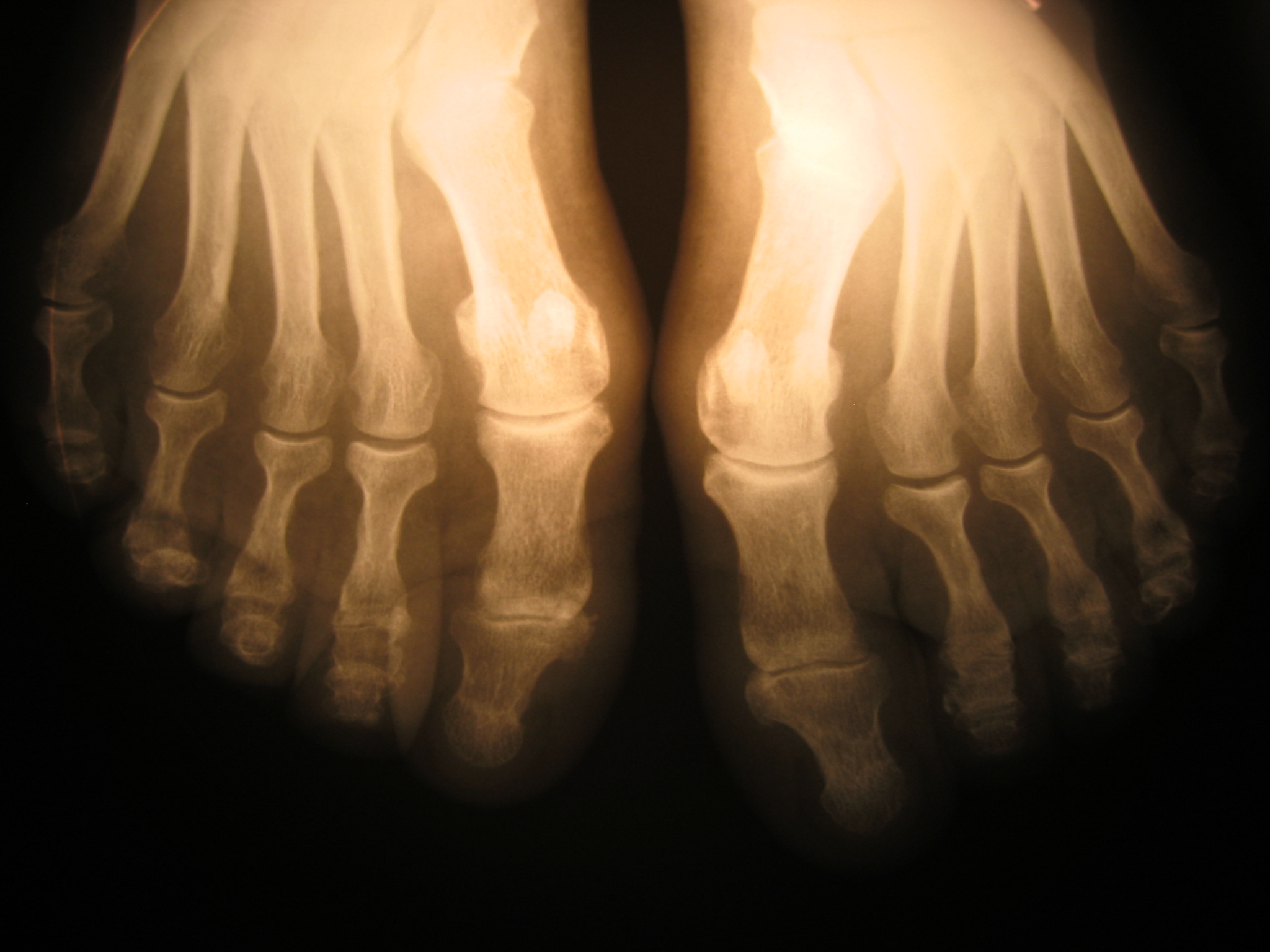
FRIDAY, March 1 (HealthDay News) — If you sometimes get a jolt of pain in your mouth when you drink or eat something hot or cold, you’re not alone: A new survey of U.S. dental offices finds that one in eight people has over-sensitive teeth.
Sensitive teeth were most common in young adults, women and people who had receding gums or did at-home tooth whitening.
“The condition is impacting people’s lives, and they may avoid some foods,” said Dr. Joana Cunha-Cruz, a research assistant professor at the University of Washington and lead study author. Cold, hot, sweet and acidic foods and drinks often trigger the pain.
“But it’s not like they are feeling pain all the time,” Cunha-Cruz added. Teeth might be sensitive for a few weeks and then fine for a few weeks.
Sensitive teeth often occurs when enamel on the outside of the tooth, or the tissue between the tooth and gum called cementum, wears away, exposing small tubes that connect nerves inside the tooth to triggers outside of the tooth, Cunha-Cruz said.
The current study included 37 general dental practices in Washington, Oregon, Idaho, Montana and Utah. A total of 787 adults were surveyed.
The results appear in the March issue of the Journal of the American Dental Association.
Dentists in the study asked their patients if they had recently been bothered by pain, sensitivity or discomfort in their teeth or gums. Then the dentists examined the patients to make sure their pain was not due to another problem, such as a cavity, chipped tooth or swollen gums.
About 12 percent of patients had pain or sensitivity that was not related to another problem, and thus were diagnosed as having sensitive teeth.
Knowing the prevalence “gives dentists an idea of how much to look for this problem in their practice,” Cunha-Cruz said.
Previous studies have reported that anywhere from 1 percent to 52 percent of patients at general dental practices have sensitive teeth. The wide range could be due to differences in how people in the studies were screened, the authors noted. Some studies asked people directly about sensitive teeth, whereas others asked about specific consequences such as problems drinking cold water.
“It’s hard to generalize, but probably for people that are visiting the general dentist, one in eight have sensitive teeth that is bothering them,” Cunha-Cruz said.
However, study participants were predominantly white, nearly 82 percent, so it remains possible that teeth sensitivity could be more or less common in other racial groups, she added.
Another dental expert talked about vulnerability to the condition.
“Teeth sensitivity is universal, but some people and cultures could be more at risk depending on their diet, if it is very acidic, and if they drink a lot of wine or alcohol,” said Dr. Richard Trushkowsky, associate director of International Aesthetic Dentistry at New York University. He was not involved with the study.
The researchers found that adults between 18 and 44 were 3.5 times more likely than older adults to have sensitive teeth, possibly because the material inside the tooth called dentin gets thicker over time, providing more insulation, said Marilynn Rothen, a study co-author and lead regional coordinator for the network of dental practices in the study, called Northwest Practice-based Research Collaborative in Evidence-based Dentistry.
Women were 1.8 times more likely than men to have the condition, the study also found. However, it is not clear if women are more likely to have sensitive teeth or if they are just more willing to report pain, Cunha-Cruz said.
Additional risk factors for sensitive teeth in the study were having receding gums, which can expose the tubes in the inside of the tooth like loss of enamel can, and performing at-home tooth whitening.
“You are making teeth whiter using chemicals that change the physical structure of the tooth and can probably open the [tubes],” Rothen said.
Cunha-Cruz noted that “the important thing is to be aware that this might happen if you whiten your teeth.” But, she added, “if you stop the treatment, it will usually go away.”
Contrary to the view held by many dentists, the study did not find that people who were aggressive tooth brushers were more likely to experience sensitive teeth, Cunha-Cruz said.
Still, Trushkowsky recommends that “brushing with a soft brush and not using it horizontally, like a weed whacker,” could help reduce your risk of developing sensitive teeth.
In addition, drinking water immediately after having acidic food or drink, such as fruit, orange juice, wine or coffee, and avoiding brushing for 10 or 15 minutes could help prevent sensitive teeth, Trushkowsky said.
Wearing a mouth guard at night if you grind your teeth could also help prevent wearing down the enamel that can lead to sensitive teeth, Trushkowsky suggested.
For her part, Rothen said sensitive teeth is a “significant problem because it is difficult to treat and we do not have a good treatment for it.”
Over-the-counter toothpastes for sensitive teeth, such as Sensodyne and Colgate’s Sensitive Pro-Relief, can sometimes help treat the condition, Trushkowsky said.
If patients do not get relief from special toothpastes, more invasive treatments include fillings, a bonding agent to seal the tooth, or grafting new gum tissue in the case of receding gums, he said.
More information
Learn more about dental health at the American Dental Association.

